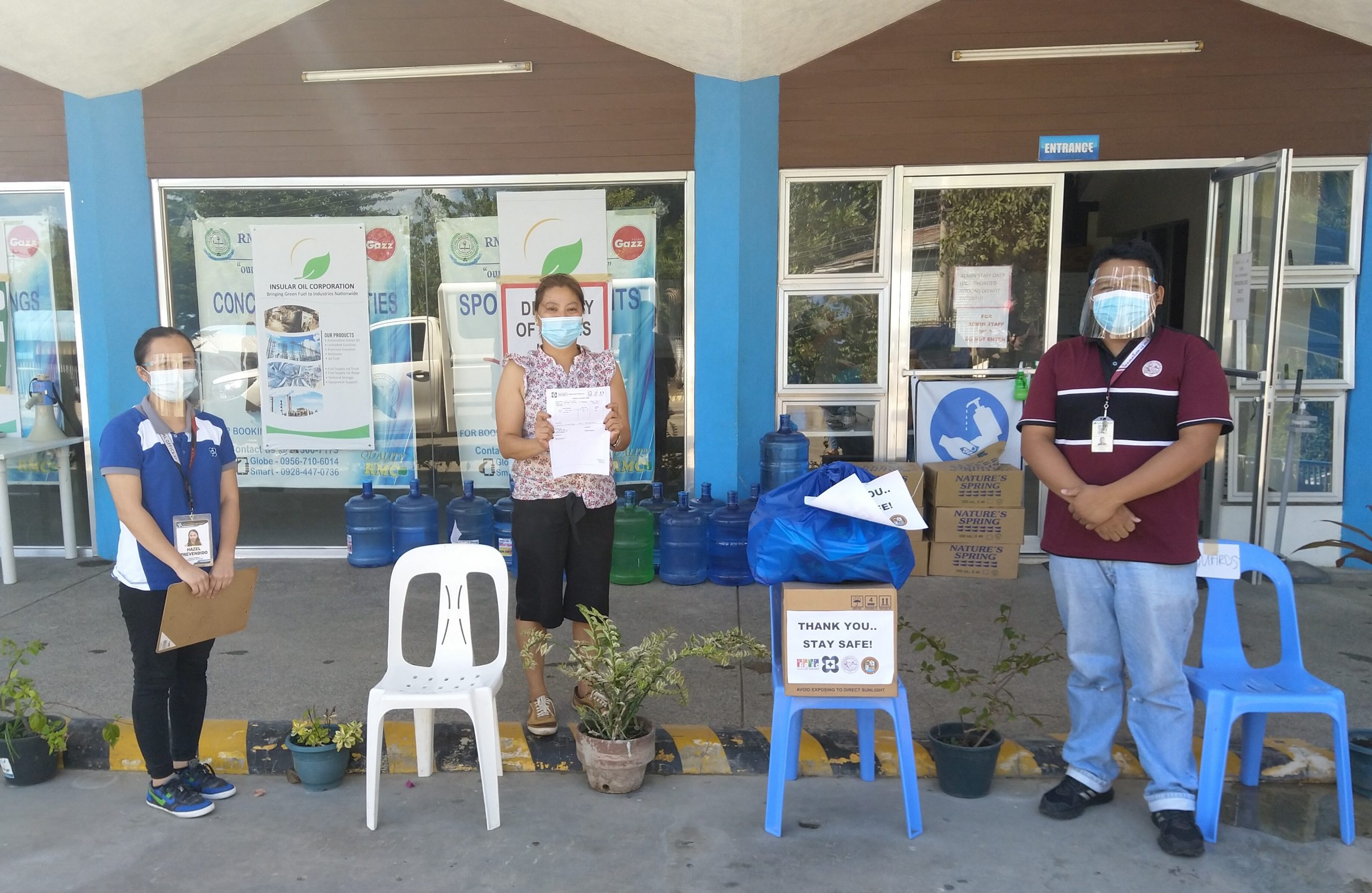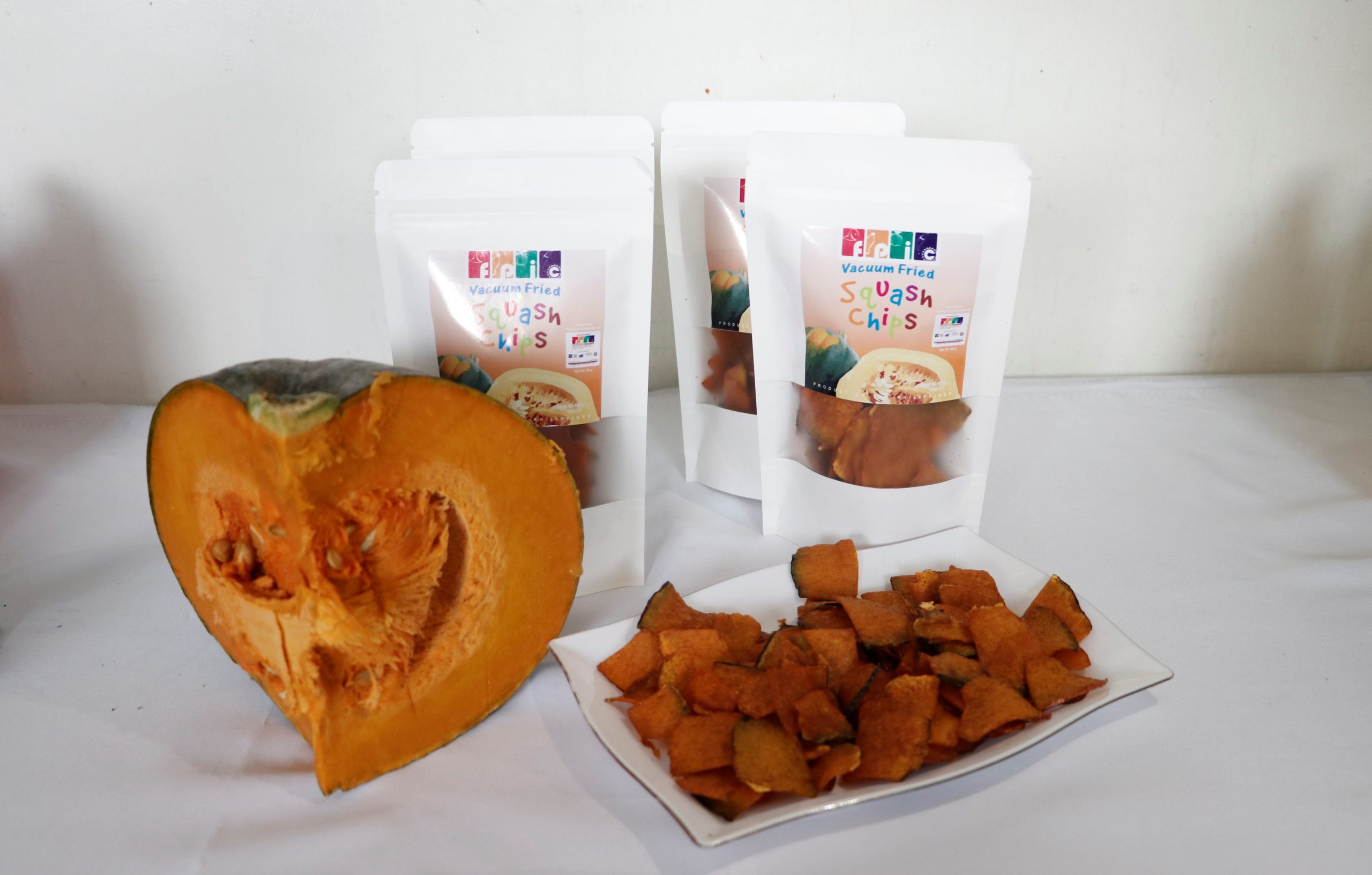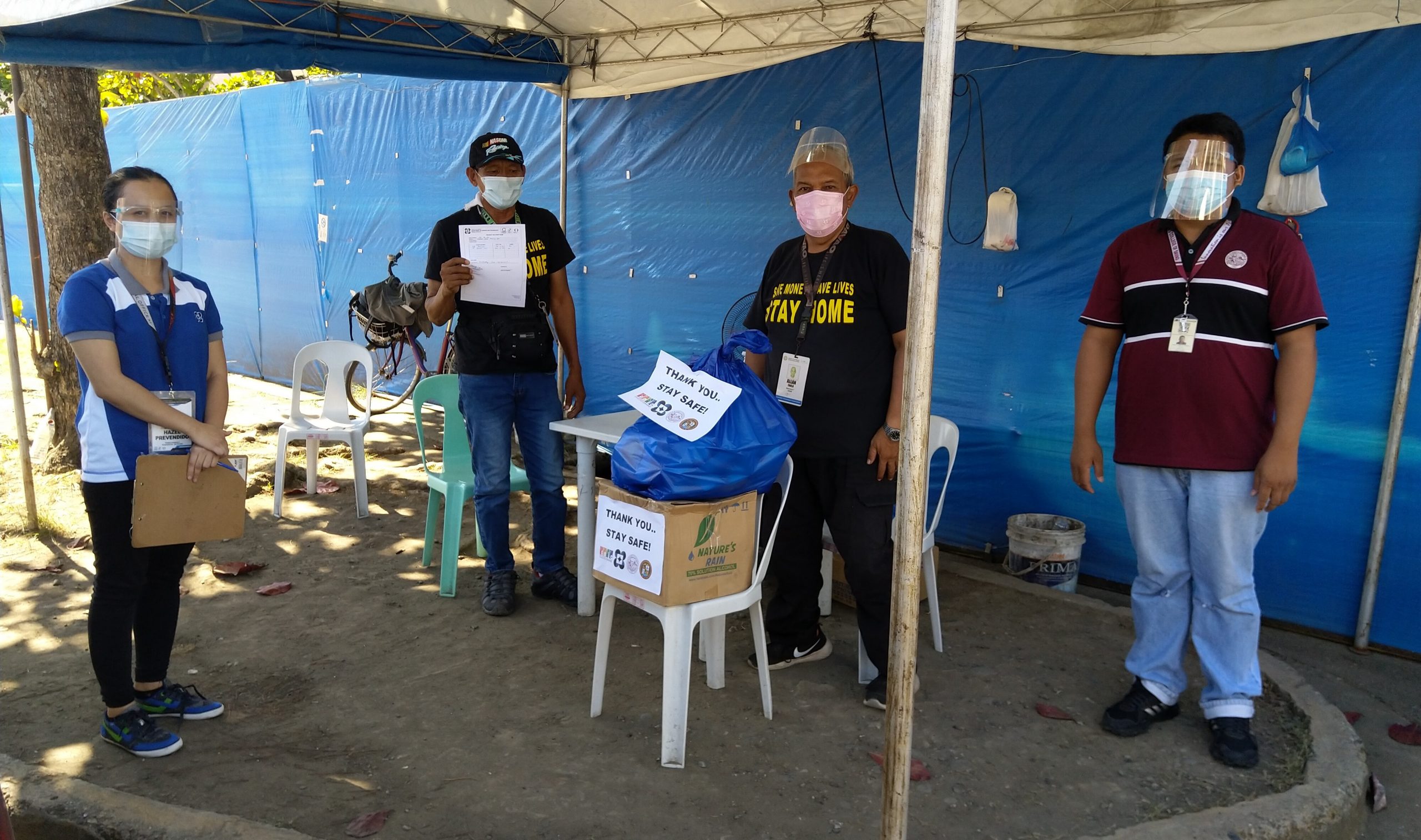The COVID-19 pandemic has caught everyone unprepared – rich and poor countries; no one was spared. In the local front, specifically in the Davao Region, the Philippine Women’s College of Davao was one of those who immediately mobilized its units and tapped linkages to maximize available resources to mitigate its impact. First on the scene were the 900 bottles of natural fruit juices and 300 packs of vacuum-fried camote and squash chips from its Food Processing Innovation Center (FPIC) that were distributed to frontliners of Southern Philippines Medical Center and the temporary isolation centers in Davao CIty.
Continuing its commitment to serve those in the front lines, the FPIC has started another round of production and distribution of emergency foods, a three-month project from October to December 2020. It was through Dr. Anthony C. Sales, Department of Science and Technology (DOST) XI Regional Director and Ms. Maria Christina Brion Ramos, FPIC Center Manager that the new project has taken shape. This was immediately supported by Prof. Vicente Antonio Pijano III, Chancellor and Chief Operating Officer of PWC of Davao and Dr. Joyce Limbaga as project leader from the University of Southeastern Philippines (USeP). Operational fund for this project —“Production and Distribution of Emergency Foods for Front-liners and Selected Communities using FPIC-Davao Developed Technologies”— came from the Philippine Council for Agriculture, Aquatic and Natural Resources Research and Development under the DOST system.


Among the products the FPIC currently produces are those that help boost the human immune system. These are vacuum-fried squash chips, calamansi-ginger juice, calamansi-camote tops juice, and calamansi-blue ternate juice which are rich in vitamin C, anti-oxidants, and other essential nutrients. The team said that these products make ideal emergency foods because raw ingredients are not only easy to prepare but are readily available in the region.
Aside from the mass production and distribution of products developed in FPIC-Davao, the project also capacitates staff from USeP and PWC on basic food handling practices and good manufacturing practices of emergency foods. It also makes use of indigenous raw materials from farmers in Davao Region leading to food security in Davao Region during pandemic, epidemic, or other calamities by providing safe, nutritious, and ready-to-eat emergency foods.
The production process is handled by the FPIC team composed of center manager Ms. Ma. Christina B. Ramos, senior science research specialist Maribeth A. Saporas, project assistant Hazel D. Prevendido, and equipment operator Alex O. Tino.

Recipients of the food products include medical and security frontliners, specifically the Tagum City Task Force, Davao Regional Medical Center, Southern Philippines Medical Center, and isolation facilities in Barangay Malagos in Calinan, UP-Mindanao in Mintal, La Vida Inn in Maa, RMC Gym in F. Torres St., Kapitan Tomas Elementary School in Ponciano St., Victoria Plaza Parking Lot in Bajada, and Mamay Inn in Damosa.
As of 4 December 2020, the project team has distributed 2,046 sets of assorted ready-to-drink (RTD) beverages and vacuum-fried squash chips. For three months (October to December), FPIC targets a weekly production of 600 bottles of juice and 600 packs of vacuum fried squash chips.
The FPIC team and its partners look forward to extending the services to other marginalized communities as they, too, suffer greatly especially during crisis.
RCM
